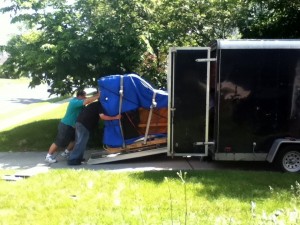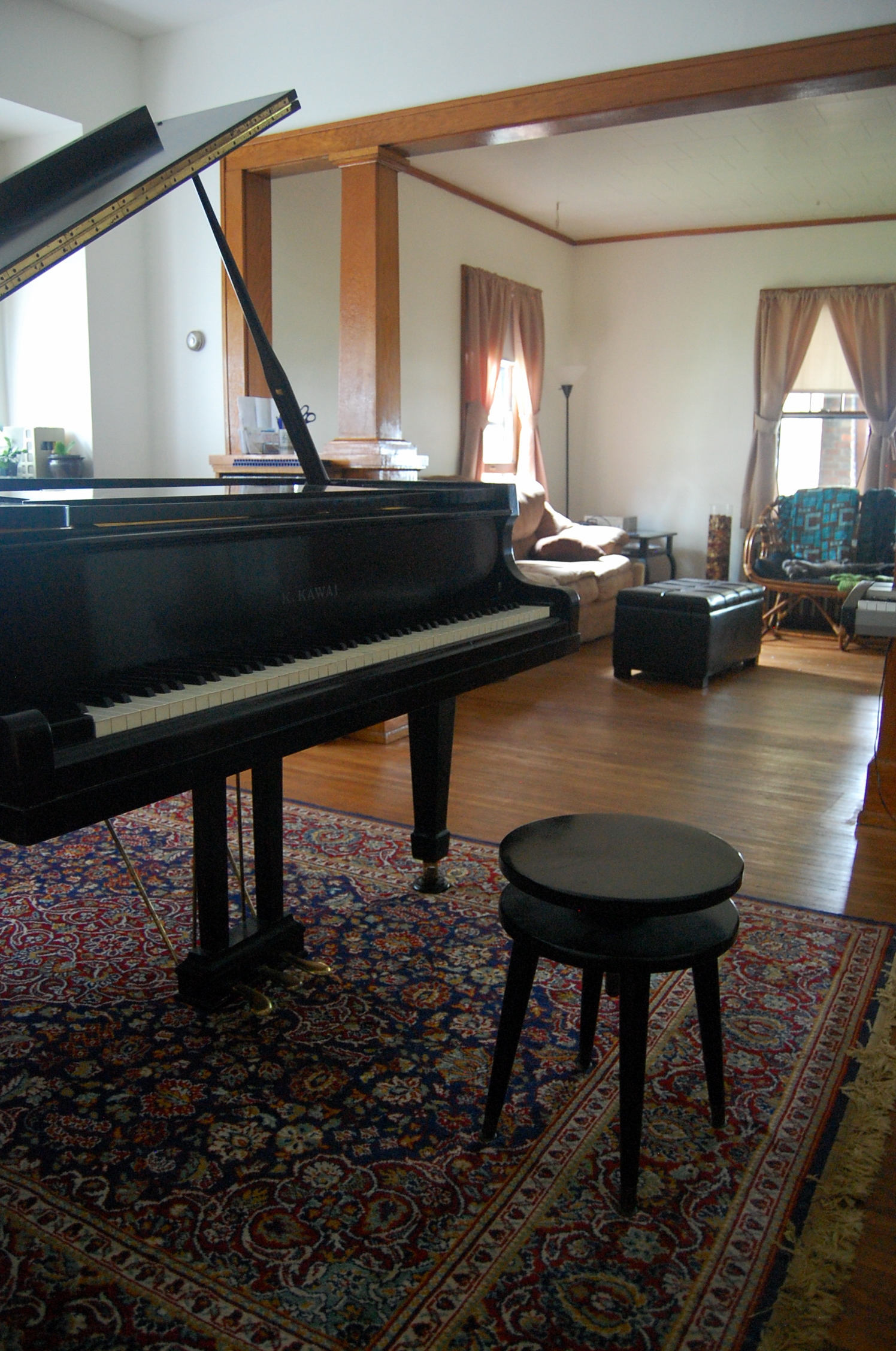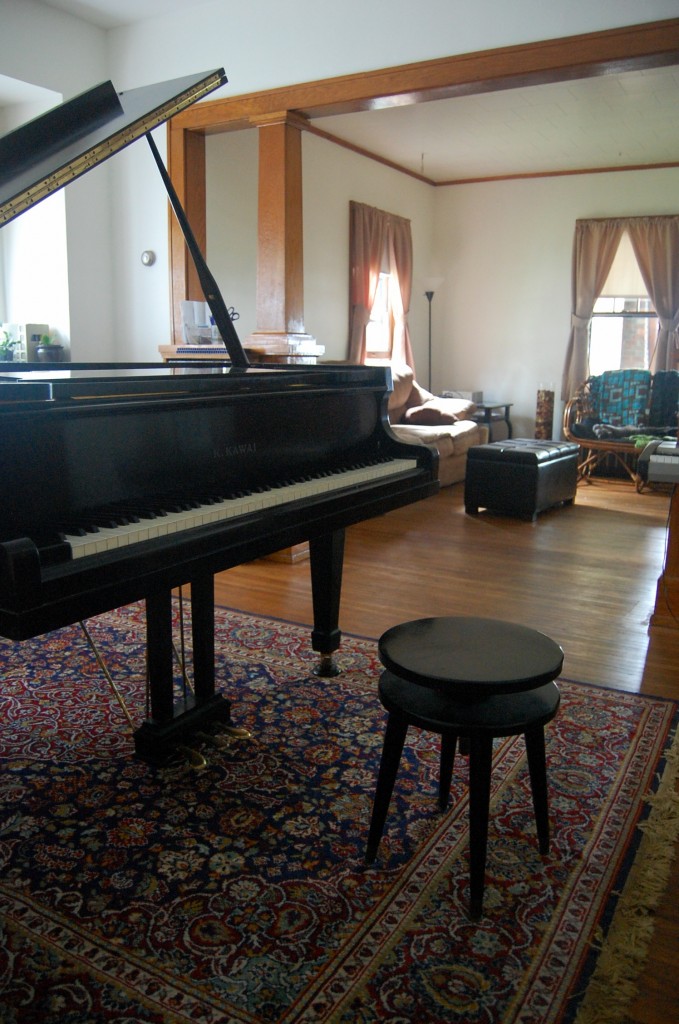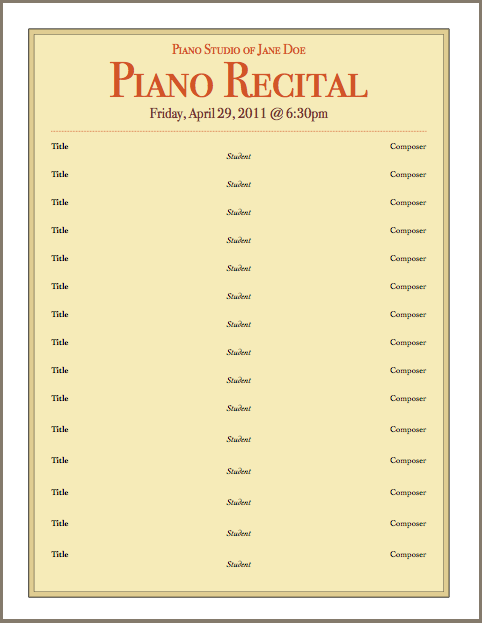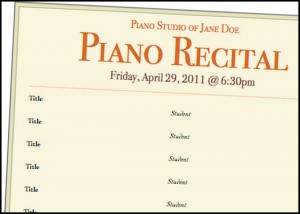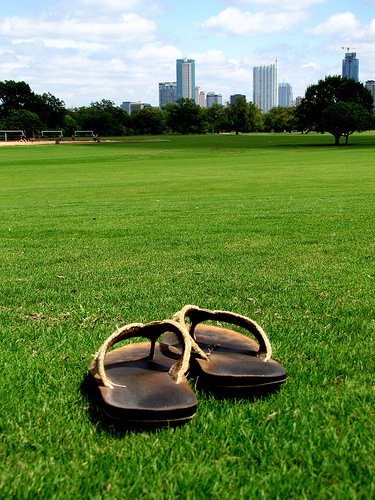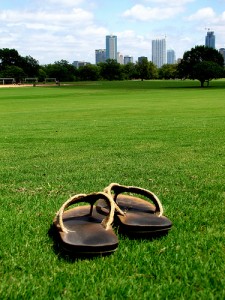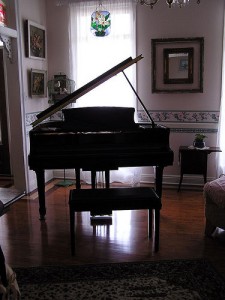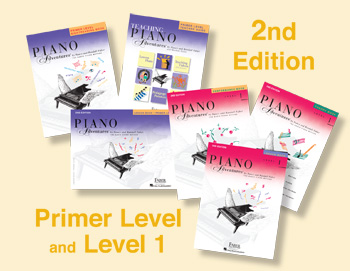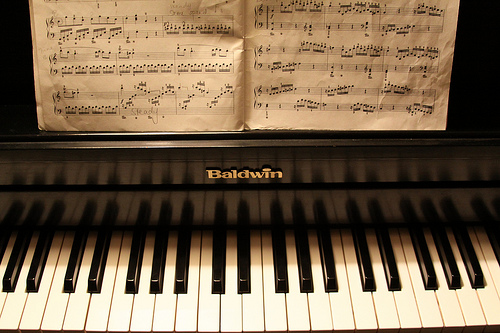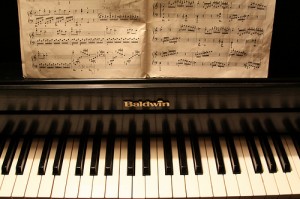The Anderson & Roe Piano Duo gave a performance and a masterclass at the 2011 OhioMTA Conference. Greg and Liz, in addition to being marvelous performers, are such genuine, down-to-earth people. They had great insight for the students who performed during the masterclass. If you ever have the opportunity to hear them live, I highly recommend it!
Photo: me with Anderson & Roe!!!
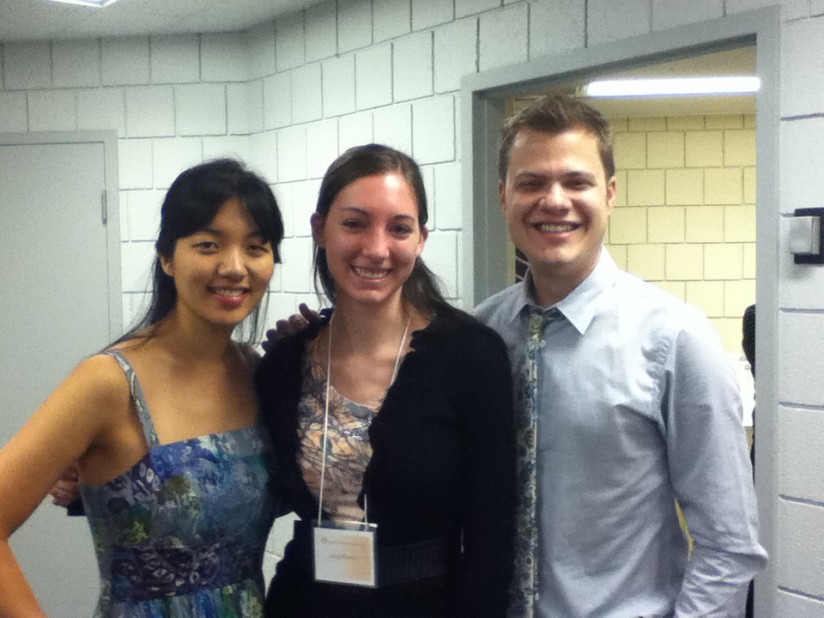
This wraps up my series of posts on the 2011 OhioMTA Conference! I just wanted to also let you all know too that I am going to be revising some of my conference note posts to make sure that they are indeed just summaries of the sessions. I want to make sure that I am respecting the presenters’ material and hard work. While I do feel that my notes are my possession, I do not want to publish too much detail about entire sessions because it might open the possibility for others to take credit for the presenters’ work. If you ever want more detail about a session I write about, please don’t be afraid to email the presenters and ask them if they’d be willing to share more information or even a copy of their handout with you.
Stay tuned for a new printable tomorrow! Cheers!


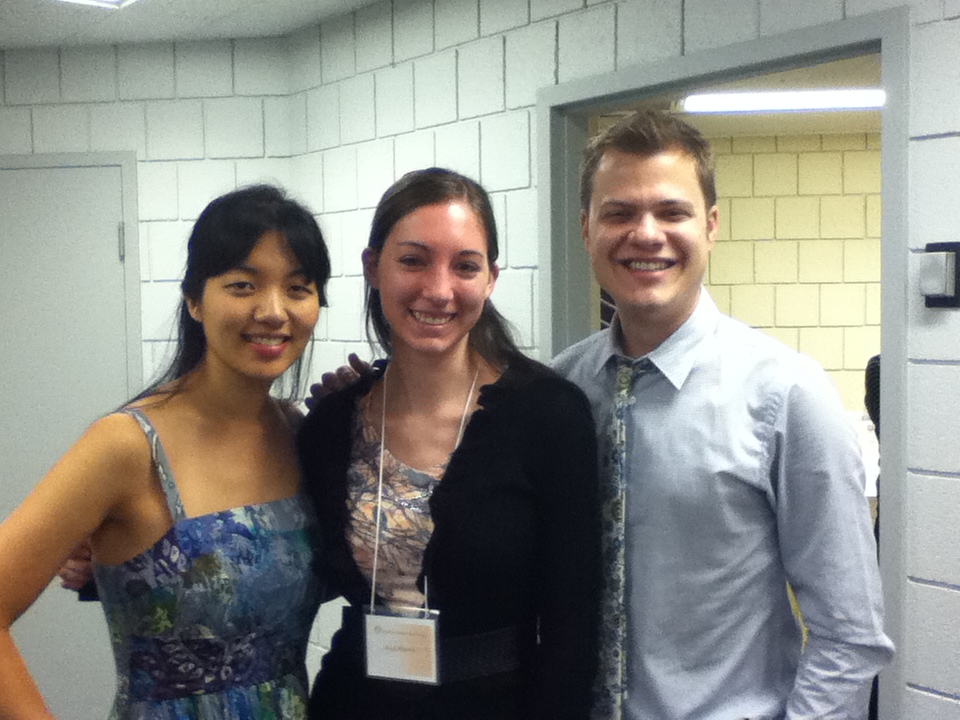

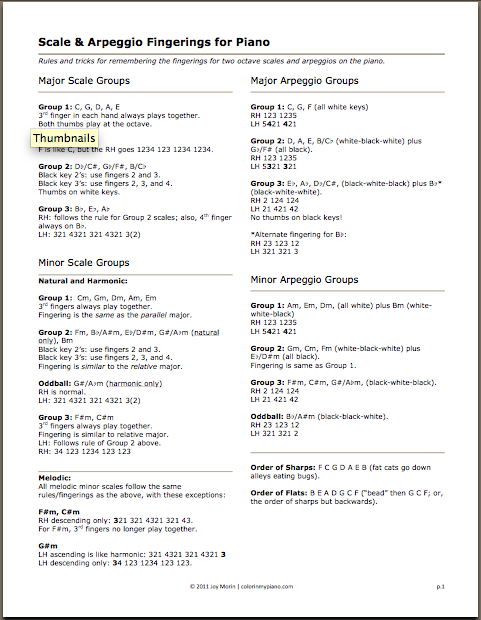
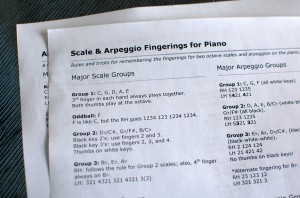 Some of you may remember the
Some of you may remember the 

